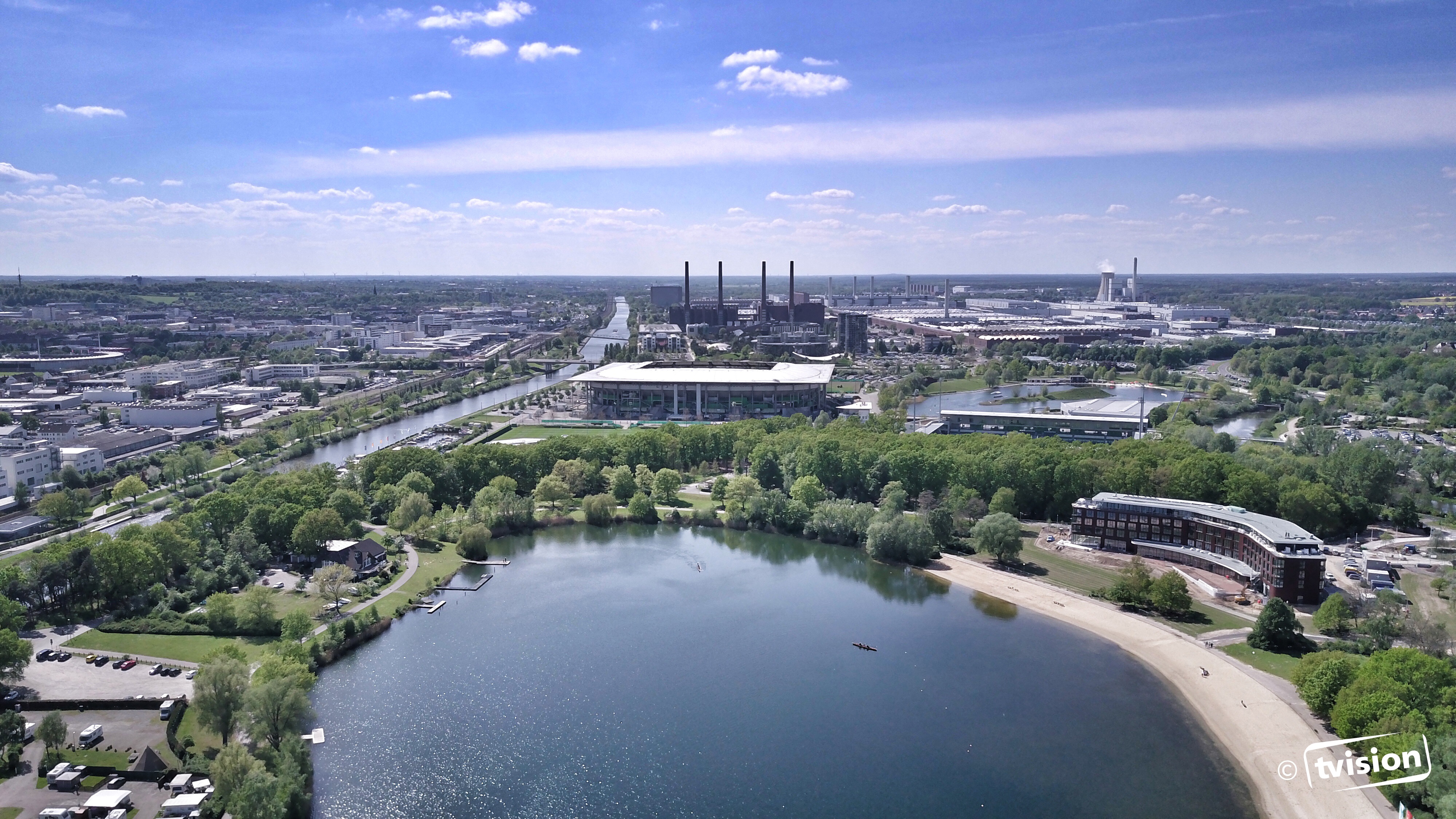Pioneer in electromobility and education
Wolfsburg takes first place for sustainability in Wirtschaftswoche's city test

The authors of the study particularly emphasized Wolfsburg's outstanding economic sustainability. None of the 72 cities surveyed had a higher density of engineers, more patent applications or a better-developed charging infrastructure. The sustainability ranking also includes indicators such as type of heating energy, fiber optic supply, density of bus stops and suitability for bicycles.
"We tackled transformation issues such as the expansion of the charging infrastructure and digitalization at a very early stage - this is now paying off in a nationwide comparison of major cities," emphasizes Mayor Dennis Weilmann. "It's great to see that Wolfsburg can not only keep up with other cities, but is also a pioneer in this area throughout Germany."
Another aspect that was positively highlighted in the study: In Wolfsburg, only two percent of young people leave school without a school-leaving certificate. This is due, among other things, to the consistent language support and the all-day concept at all Wolfsburg elementary school. "The ranking clearly shows us that every euro invested in education is a very good investment in the future of our city," explains Weilmann. "Even in times of tight tax revenues, we will continue to focus on education."
In addition, Wolfsburg's status as a place to live is becoming increasingly important: in terms of people commuting to work, Wolfsburg is in third-last place in the ranking - in other words, more and more people are deciding to live locally rather than commute; a sign that the housing offensive implemented since 2012 is bearing fruit. The migration balance - i.e. the influx of people - is also positive: Wolfsburg is in 13th place for 25 to under 30-year-olds and 11th place for 30 to 50-year-olds.
Academics also make up a large proportion: In terms of employees with academic degrees, Wolfsburg is way ahead in 9th place - behind major cities such as Munich (1st place), Frankfurt (2nd place) and Berlin (4th place) and even ahead of Hamburg (13th place). An aspect that is to be further expanded in the future: The city is currently working on a future concept for science, which aims to create an optimal link between universities, the city, companies and society.